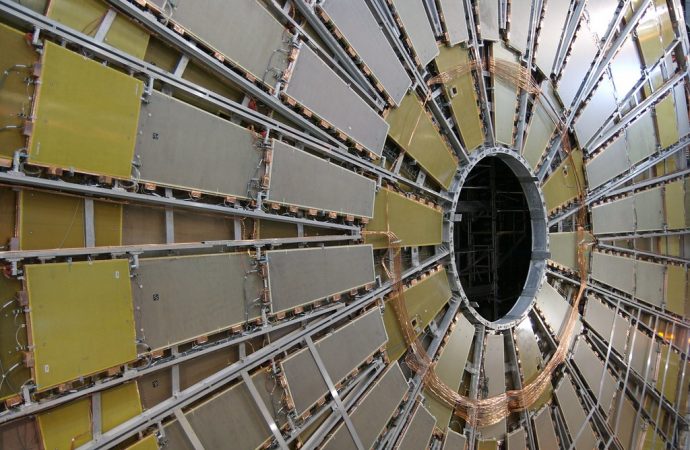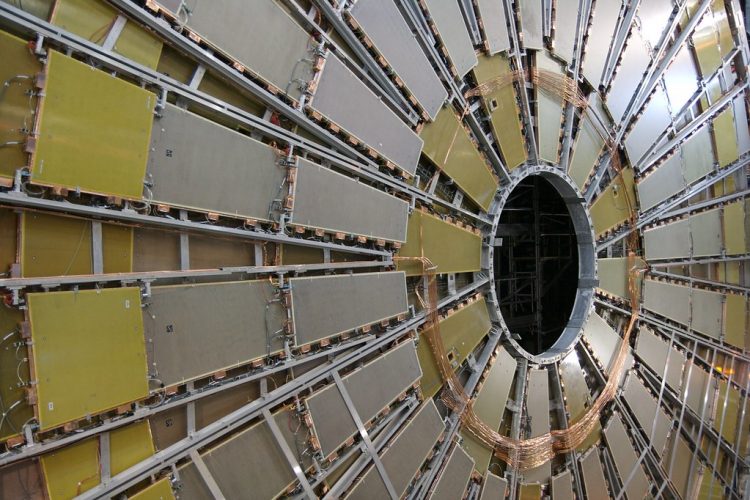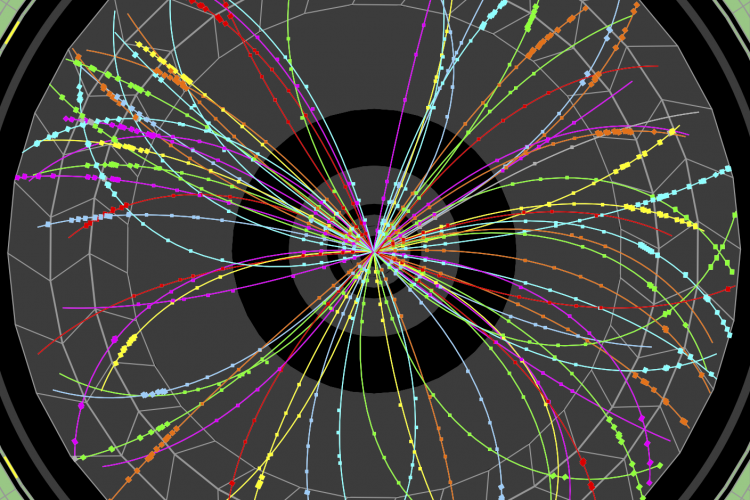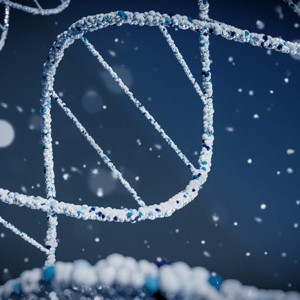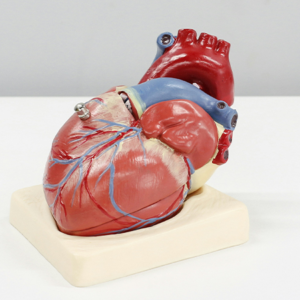Data-intensive discovery science is increasingly reliant on real-time processing capabilities and machine learning workflows in order to filter and analyze the extreme volumes of data being collected. For example, the search for dark matter at the Large Hadron Collider (LHC) can produce more than 100 terabytes of heterogeneous, high-dimensional data each second. To filter this data, physicists use “trigger algorithms,” the creation of which is resource-intensive and prone to significant blindspots.
This project will seek to investigate the possibility of automating the trigger system of the LHC, applying recent advances in artificial intelligence, including explainable AI, active learning and imitation learning, to the energy and intensity frontiers of particle physics. The goal is to build a principled, white-box trigger system that could be succinctly explained using existing physics insights, while still having an explicit representation of uncertainty that allows for efficient exploration of the vast space of possible event data. The work will lead to new machine learning paradigms as well as novel insights in discovery science.
